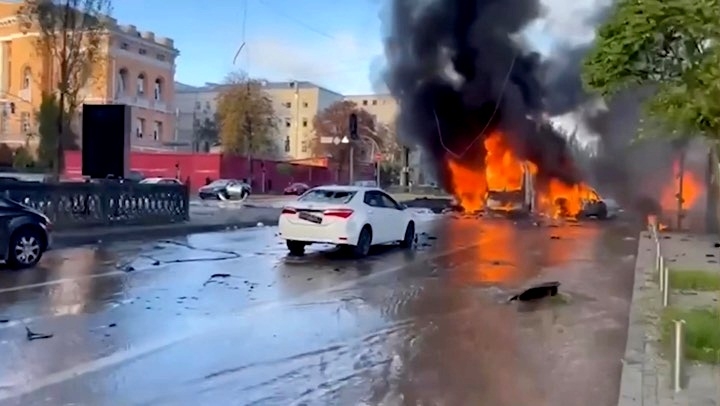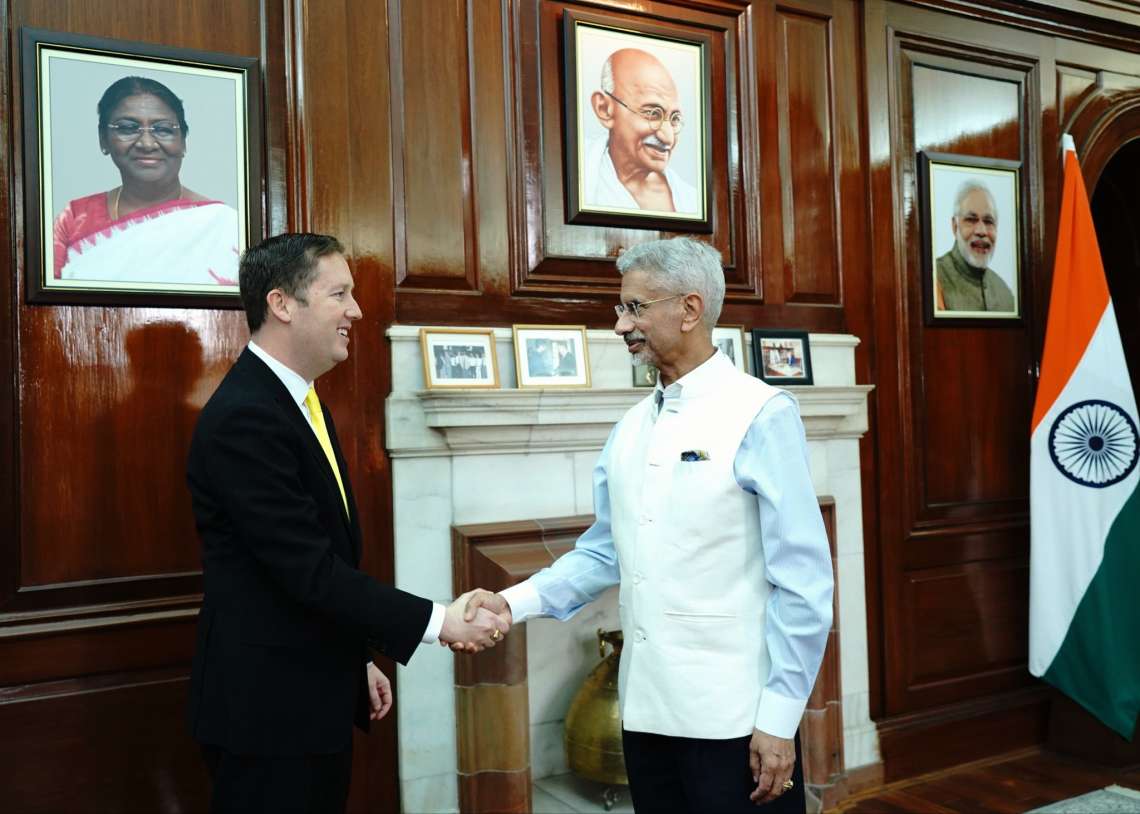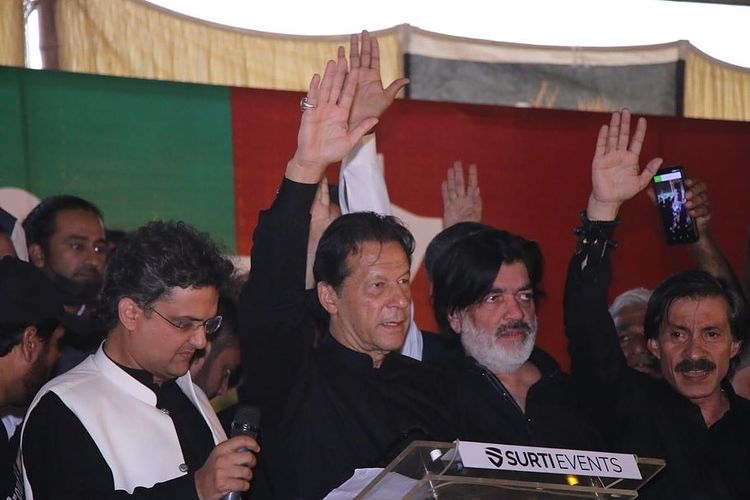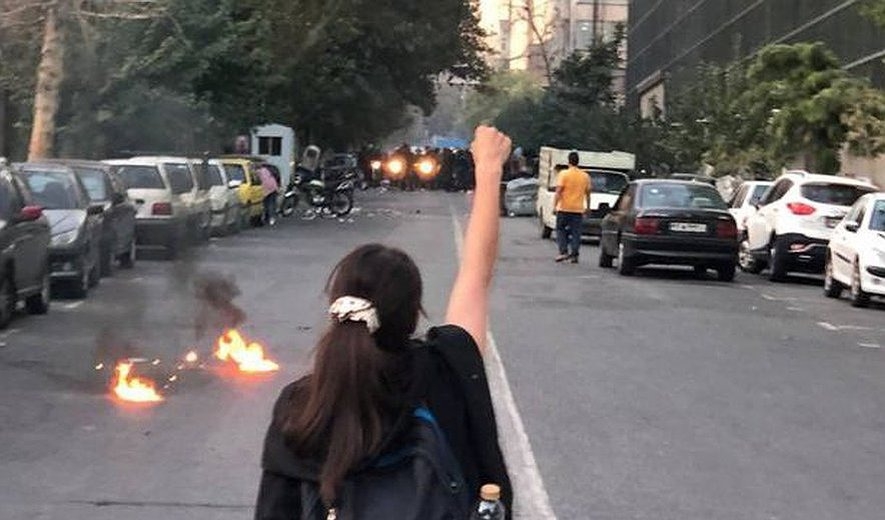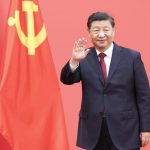A US State Department spokesman warned that Russia deepening an alliance with Iran “should be seen as a profound threat and something that any country should pay very close attention to”…reports Asian Lite News
A US State Department spokesman has claimed there’s enough proof that Russia is using Iranian drones against both military and civilian targets in Ukraine.
The remarks were made by the Department’s Principal Deputy Spokesperson Vedant Patel at a press briefing here on Monday hours after kamakaze drones struck Kiev, the latest in a series of recent attacks targeting the Ukrainian capital.
When asked about “how influential” Iran has become over the past few months in Moscow’s ongoing war against Kiev, Patel replied that the US has been warning since July that Tehran was “planning to sell UAVs (unmanned aerial vehicle) to Russia for use against Ukraine”.
“We also exposed publicly that Russia has received drones from Iran. that this was part of Russia’s plan to import hundreds of Iranian UAVs of various types, and that Russian operators continue to receive training in Iran on how to use these systems.
“There’s extensive proof of their use by Russia against both military and civilian targets there. And you’ve all seen the reports, as you mentioned, this morning of what appears to be Iranian drones striking downtown Kiev,” the spokesman said in his response.
He also warned that Russia deepening an alliance with Iran “should be seen as a profound threat and something that any country should pay very close attention to”.
The spokesman however, did not confirm if the kamakaze drone used to attack Kiev on Monday were Iranian-made.
But Ukrainian officials have identified them as Iranian Shahed-136 weapons, the BBC reported.
Besides Kiev, the regions of Sumy and Dnipro were also attacked which resulted in the killing of eight people, while critical infrastructure was also hit leading to power outages in hundreds of towns and villages.
These attacks came a week after Russia struck Ukrainian cities, including Kiev, with at least 83 missiles which led to the killing of 14 people, while several regions were left without electricity and water.
This was the first time since the war began on February 24 that the centre of Kiev had been directly targeted.
The Russian attacks came in retaliation to Ukraine blowing up a key bridge in Crimea.


